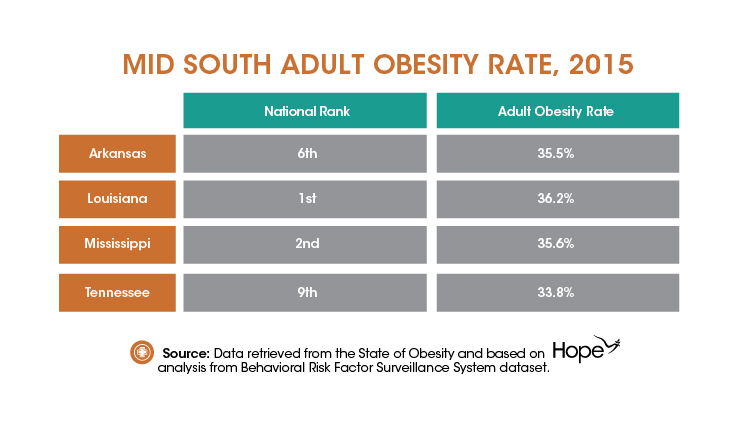Community Development Financial Institutions (CDFIs): Partners in Improving Health
January 6th, 2017

Social determinants of health are the environmental conditions in which people are born, live, learn, work, play, worship, and age that affect a wide-range of health, functioning, and quality-of-life outcomes and risks. Social determinants, like housing, income, educational attainment, and poverty, are particularly important health influencers in the Mid South region where many communities struggle economically and have a high burden of chronic disease.
The influence of environmental factors on health is not new. In the early 1900’s sociologist, W.E.B. Dubois determined the death rate of African Americans seemed “to be sufficiently explained by conditions of life”. These “conditions” were social, economic, and environmental factors that affected the health of people. Today, the role of social determinants continues to be a driver of worse health outcomes and the growing gap in health equity across communities.
In a 2014 study, researchers identified a correlation between obesity prevalence at the county level with unemployment and less education thus suggesting that populations subject to certain forms of economic and social hardship are associated with higher levels of obesity. This is particularly interesting in considering that the Mid South states, Arkansas, Louisiana, Tennessee, and Mississippi, are home to a quarter of the nation’s persistently impoverished counties – counties where the poverty level has exceeded 20 percent for at least three decades and that each of these states rank in the top ten of having the nation’s highest rates of adult obesity.

Across the region, individuals and organizations have worked to turn the tide on the region’s high rate of obesity. These efforts have involved interventions aimed at individuals and communities. A regional example includes work by the Arkansas Hunger Relief Alliance, which focuses on increasing access to healthy food. As efforts to improve health outcomes in the region and to reduce obesity continue, it is important to expand the range of collaborative partners involved in efforts to address social determinants of health. One such strategy includes leveraging the full capacity of Community Development Financial Institutions (CDFIs) as partners in influencing the social determinants of health.
CDFIs are financial institutions that provide responsible, affordable lending to support low-income and low-wealth communities. CDFIs leverage their capacity to increase access to affordable housing, provide financing for healthy food options and spur job creation – all determinants that influence health outcomes – in economically distressed areas. These types of investments are important contributors in helping to transform the social and physical environments in which people live. More importantly, targeting investments in underserved and underrepresented communities, a part of CDFIs’ mission, goes a long way to positively influence social determinants and advance health equity.
The complex nature in which health and health outcomes are influenced requires innovative, thoughtful approaches. This includes engaging traditional and non-traditional partners to create healthy communities. CDFIs’ experiences in investing in high-poverty communities bring an invaluable perspective to the work of addressing social determinants of health. As a result, bridging the connections between CDFIs and efforts to create healthier communities can considerably advance efforts to support a healthier Mid South and further the work in closing the healthy equity gap.






